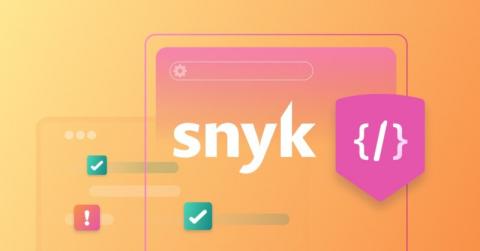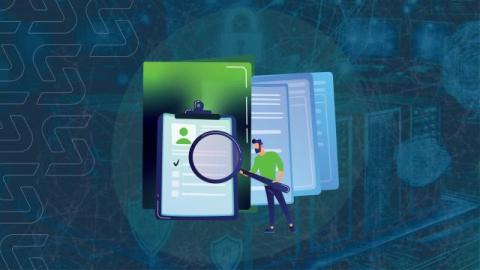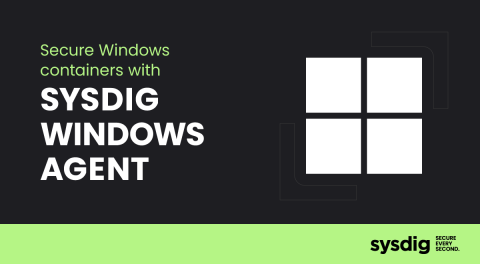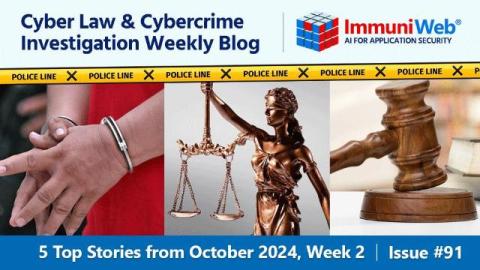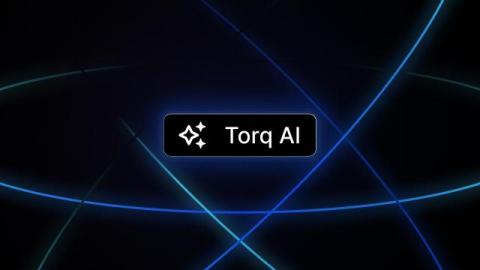Analyze Taint Analysis Faster with Improved Contextual Dataflow in Snyk Code
Snyk Code is a powerful tool designed to help developers identify and automatically fix vulnerabilities in their source code. It eliminates flow interruptions and repeated work by detecting and resolving security issues in real time with over 80% autofixing accuracy. It integrates seamlessly with your development workflow, providing real-time feedback on security issues directly within your IDE, CLI, or SCM.


